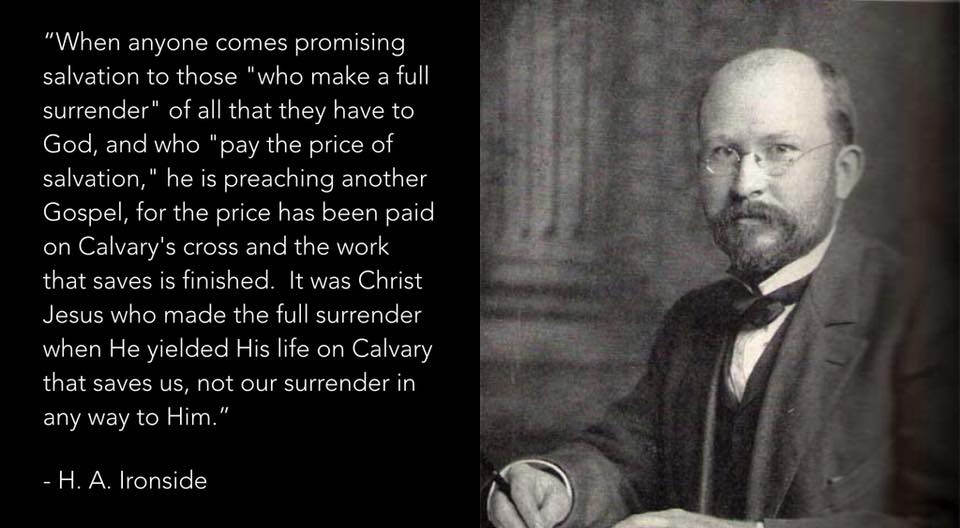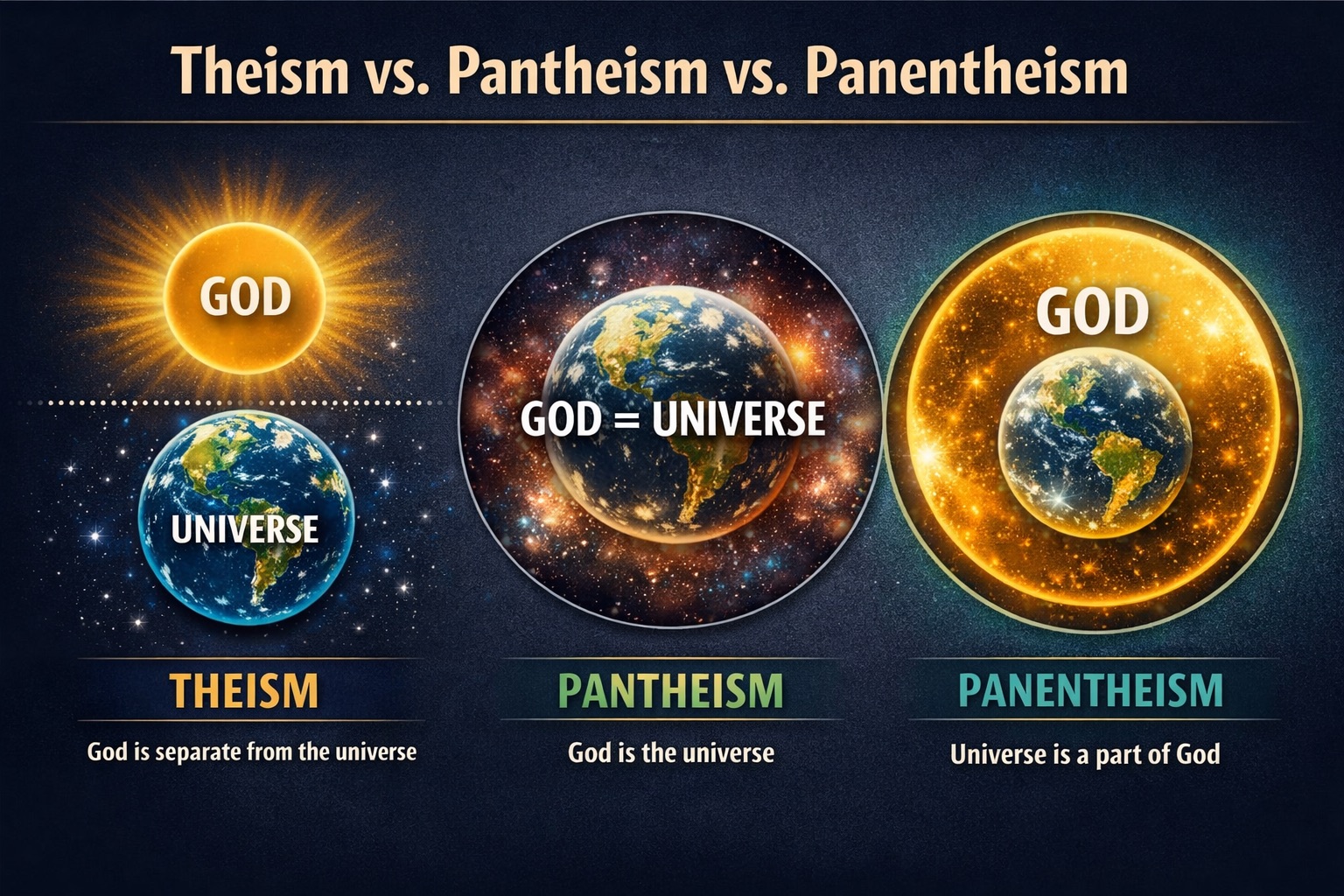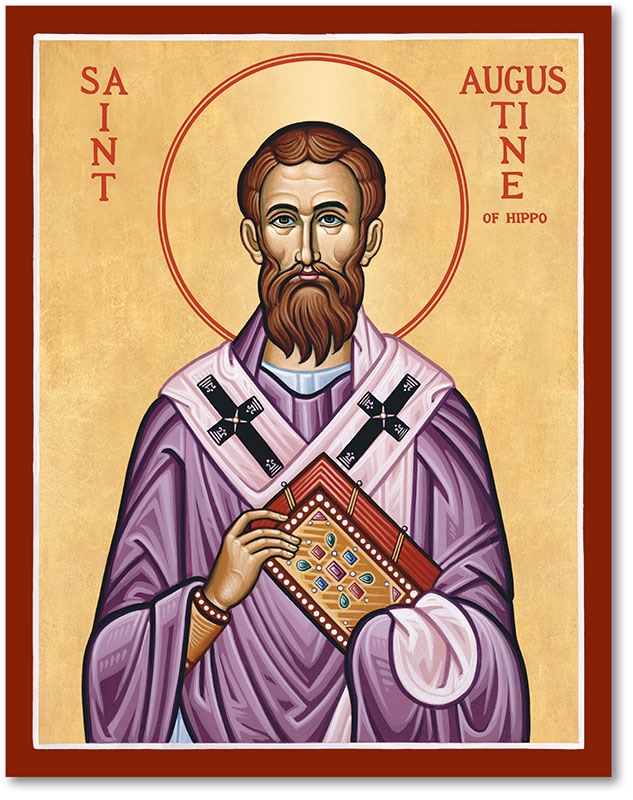Author: Vince
-

Covid: When the Church’s Moral Crisis Was Exposed
Recently, my thoughts drifted back to the “Covid times” for several reasons. My plumber’s brother fell ill last year and was diagnosed with myocarditis. Interestingly, the first question the hospital doctors asked him was “How many doses of Covid vaccine did you have?” This is a stark contrast to the shunning faced by those who…
-

The Gospel: not good advice to be obeyed but good news to be believed
In modern evangelical circles, we often hear a message that sounds deeply pious: “If you want to be saved, you must surrender every area of your life to God. You must put everything on the altar. You must pay the price of discipleship to receive the gift of salvation.” While these sentiments may aim to produce…
-
God or Absurdity
Let us introduce a theoretical objector. He is intelligent, articulate, morally outraged by evil, and firmly committed to a godless worldview. He insists that morality is real, that some acts are always wrong, and that God, if He exists, must answer to moral scrutiny. He is confident that his position is both humane and rational. We…
-

Panentheism and the Collapse of Morality
Pantheism and panentheism have gained renewed traction in contemporary Western culture, often without being named as such. These views are routinely smuggled into public consciousness through a variety of cultural avenues: New Age spirituality, certain strands of environmentalism (including ideological expressions within the vegan movement), and broader appropriations of Eastern religious thought. They are frequently…
-

The Pagan Origins of Calvinism
The history of Reformed theology is often presented as the recovery of truth passed down from the Apostles. However, things are not exactly so. Dr. Kenneth Wilson, an Oxford-trained theologian and orthopedic surgeon, has in the past few years made waves with his challenges to this narrative, with a provocative thesis: the deterministic theology that…
-

When someone leaves a congregation
When someone leaves a congregation, the instinctive reaction is often defensive and self-protective. The narrative forms quickly and predictably. The person who left is assumed to be at fault. They lacked maturity. They resisted authority. They grew spiritually dry. They did not want to serve. They were unwilling to sacrifice. In short, their departure is…
-

Four Soils: How Many Believers?
The parable of the sower is one of the most frequently cited passages in debates about salvation, perseverance, and assurance. It is often pressed into service to answer a question it was not designed to address, namely how to distinguish true believers from false ones, or how salvation may be lost or proven by works.…
-

The Legal Necessity of Christmas
At Christmas, we often focus on the atmosphere, but there’s a juridical necessity behind the incarnation that we must understand to fully appreciate the proclamation of the good news. Everything revolves around the concept of the Go’el. But let’s start from the beginning.
-
Looking Back At 2025 With Gratitude
As the year draws to a close, we find ourselves once again pausing—not to take stock of our efforts, but to recognise the Lord’s faithfulness. We have learned, sometimes the hard way, that what truly matters is not how much is done, but how much is done in dependence upon Him. Being a busybody doesn’t…
-

A reflection on teaching about peace in schools
In recent days, our family faced a decision that many Christian parents around the world will understand: how should we respond when a school promotes an initiative that, although wrapped in the language of peace and civic harmony, relies on ideas, methods, and symbols that are difficult to reconcile with a Christian worldview? In our…
